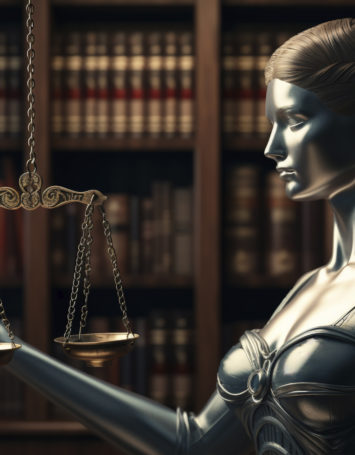Article written by Haim Ravia, Dotan Hammer and Adi Shoval
United States President Donald Trump issued an Executive Order calling for measures intended to curtail the broad insulation from liability that online service providers enjoy for content created and posted by users.
Known as Section 230 of the Communications Decency Act, this immunity broadly provides that online service providers shall not be regarded as the publisher or speaker of content that originates from users, and therefore shall not be held liable for the content, should it be defamatory, hateful, privacy-invading, or otherwise objectionable. Consequently, Section 230, as interpreted by long-standing case law, insulates service providers from liability for their choice to remove or keep intact online user-generated content. Section 230 has been dubbed the cornerstone of the Internet’s flourishment, online market efficiency, and online freedom of expression.
Trump’s Executive Order was prompted by Twitter’s recent insertion of a note next to one of the President’s tweets in which he alleged that mail-in election ballots will be substantially fraudulent. Tweeter’s note directed users to “get the facts about mail-in ballots”, linking to credible sources that factually undermined the truthfulness of the President’s allegations.
With Section 230 being an Act of Congress, Trump’s Executive Order has no authority to override or displace the statute. Instead, the Executive Order compiles a series of administrative measures that aim to indirectly impact the broad interpretation that long-standing case law has been given to Section 230 in favor of online service providers.
Among others, the Executive Order calls on the Federal Trade Commission (FTC) and the Federal Communications Commission (FCC) to adopt a narrow interpretation of Section 230. However, neither the FCC nor the FTC has traditionally taken any meaningful role in implementing or enforcing Section 230. The Executive Order also requests that all federal agencies review the appropriateness of their budgetary spending on online advertising in online platforms that intervene in user-generated content. The Executive Order further calls on the FTC to examine whether online platforms’ interference with user-generated content constitutes “unfair or deceptive acts” in violation of the FTC Act. The President also tasked Attorney General William Barr with drafting a proposed bill that Congress can enact to amend Section 230 so that it is consistent with the President’s policy.
CLICK HERE to read the Executive Order on Preventing Online Censorship.



